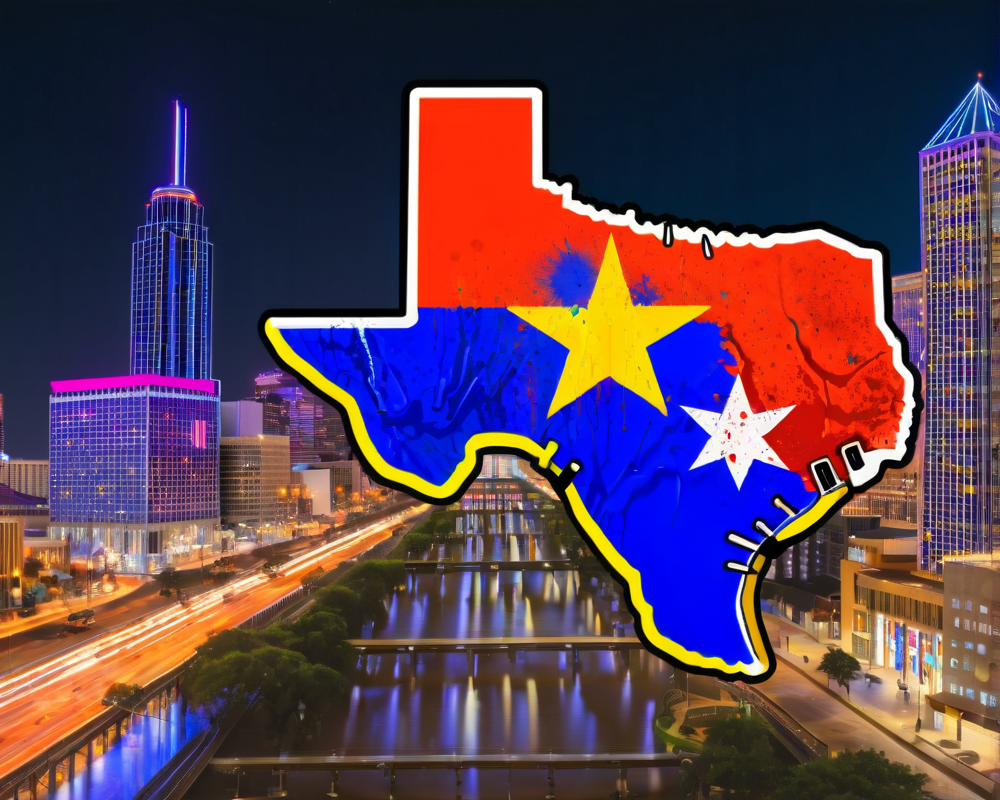Bitcoin Acquisition: Riding the Waves of Volatility
Earlier this week, El Salvador President Nayib Bukele caused quite a stir by announcing the purchase of 420 additional Bitcoin (BTC). “It was a long wait, but worth it,” he tweeted, showcasing a savvy strategy to capitalize on a recent price dip. Just a short while after, he cheerfully informed followers that the nation was already profiting from its investment. Can the government really make a profit by simply holding Bitcoin? The answer requires a closer look.
Understanding the Profit Game
Now, let’s break it down for those of us in the back. How does one profit off what essentially remains the same—one Bitcoin equals one Bitcoin? Bukele clarifies that while they hold a trust funded by both USD and BTC, the magic lies in revaluation. Whenever BTC surges against the dollar, the government can pull out some cash while maintaining its total value in the trust. It’s the accounting equivalent of finding a twenty in your old jeans. Surprise!
The Significance of 420 BTC
But why 420 BTC? Some Reddit users suspect it’s no accident, referencing a popular culture slang linked to marijuana. The light-hearted banter encourages a whimsical vibe around the government’s digital currency strategy. One user quipped, “Nice! Blaze it!”, emphasizing the comedic take on Bukele’s financial decisions. Could it all be part of a clever marketing scheme that appeals to millennial and Gen Z audiences? If so, it’s working like magic beans sprouting in a recession.
Comparative Analysis: El Salvador vs. United States
It might sound absurd, but there is a growing sentiment that El Salvador is outpacing the United States in accumulating Bitcoin, and this competition is causing quite a ruckus online. A Twitter user jokingly proclaimed, “Our national policy should be to match every single BTC purchase that is made by a foreign government.” It’s as if we’re witnessing a modern gold rush, only this time it’s all digital and no one’s panning in rivers.
Security Concerns: Risks Ahead?
While the buzz surrounding Bitcoin is contagious, it isn’t without its concerns. Questions regarding the security of El Salvador’s BTC holdings arise, especially in light of potential hacking risks. After all, who holds their private keys? This digital debate brings a serious note to what could otherwise seem like a game, with some pondering the cold-hard risks of this evolving financial landscape.
The Future: Bitcoin as a Payment System?
El Salvador’s Central Bank Chief, Douglas Rodriguez, is looking toward a brighter future, stating that Bitcoin will shed its speculative skin to emerge as a legitimate payment system. As the market holds its breath, curious eyes are watching, hoping for a robust financial inclusion strategy that can pave the way for other nations as they ponder the adoption of cryptocurrency.




